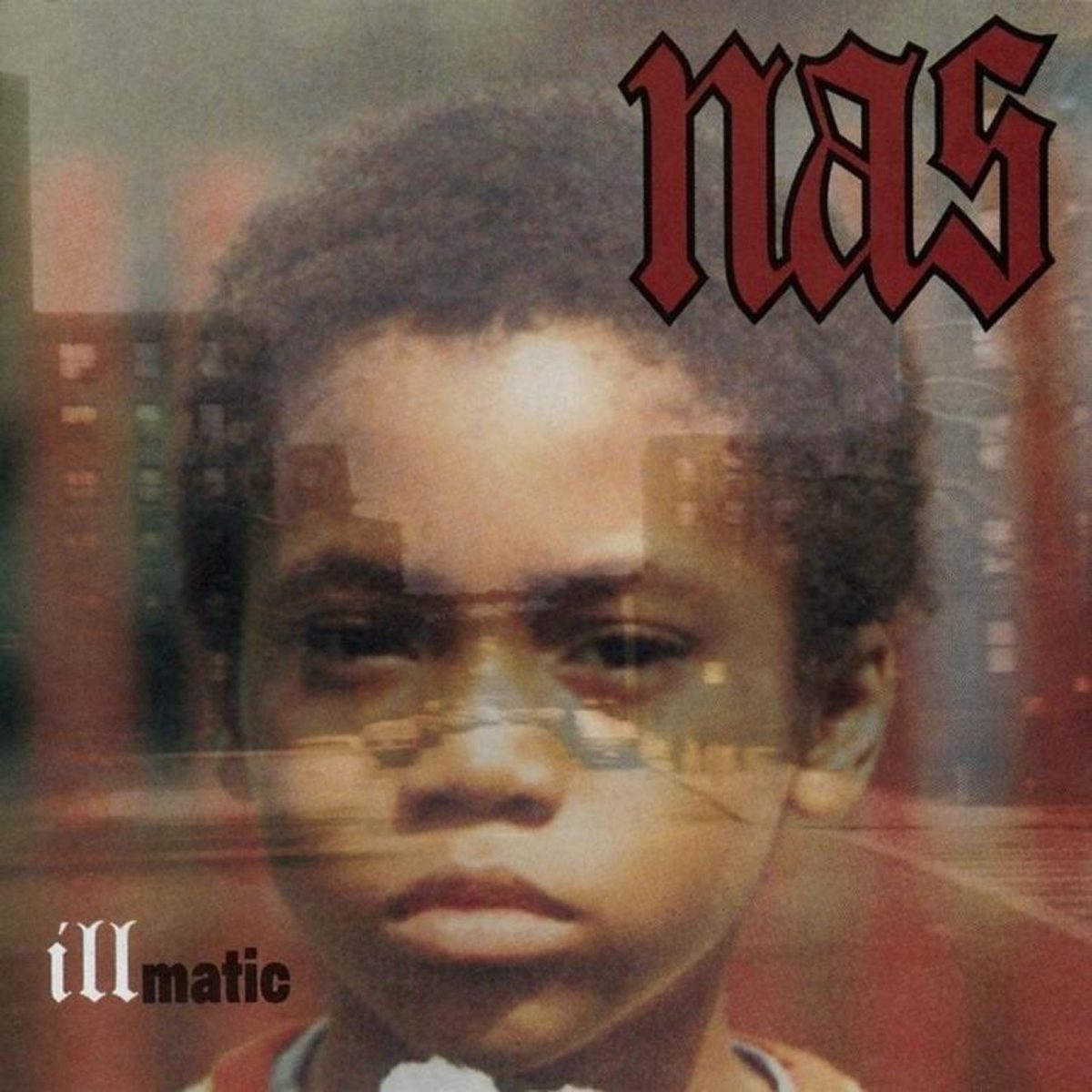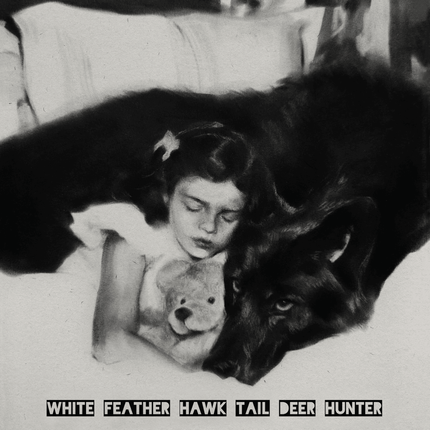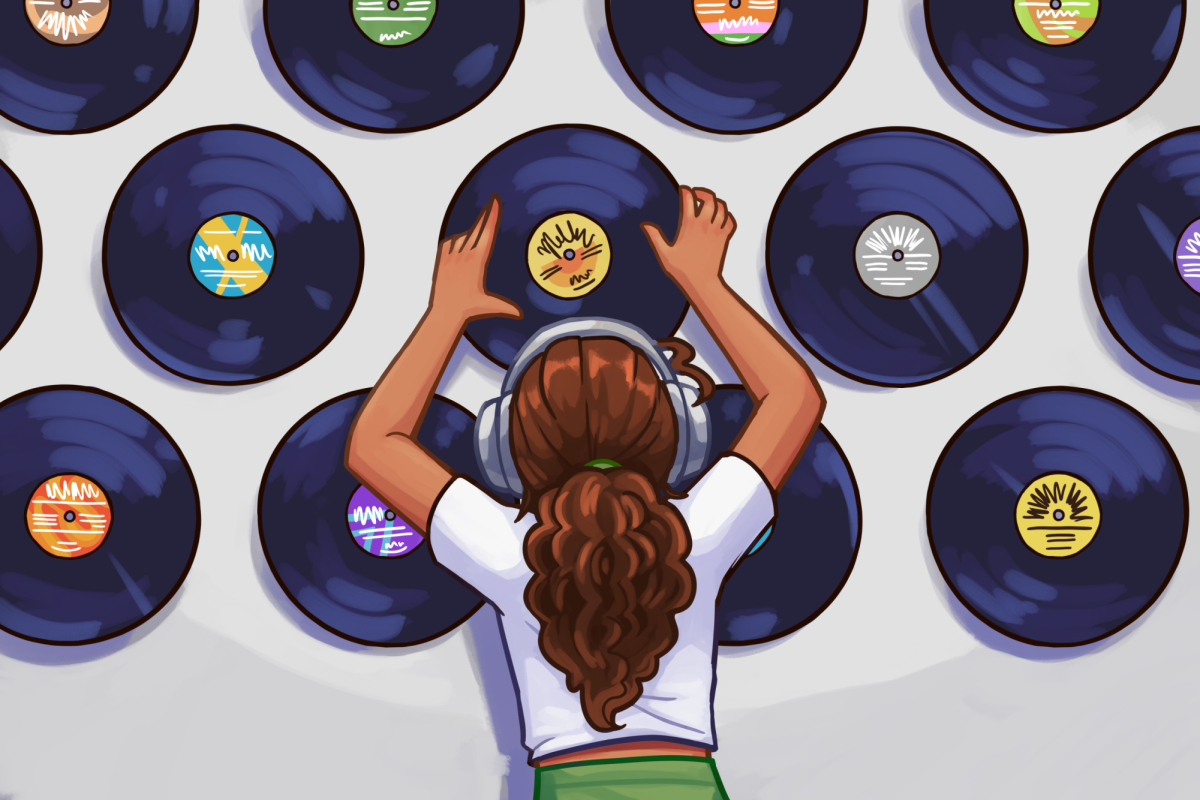Nasir Jones is a storyteller. He makes that clear on “Illmatic,” an introspective and poetic album that set the foundation for rap music.
With a smooth flow and contemplative lyrics over jazz-heavy samples and guttural piano lines, Nas vividly portrays growing up as a young black man in New York.
He captures the feeling of growing up struggling in the hood surrounded by drugs, crime and violence.
At only 20 years old, Nas created one of the most celebrated and influential albums of all time, “Illmatic.”
The release of “Illmatic” in 1994 marked the beginning of hip-hop’s forming identity. The genre was young when “Illmatic” dropped — it was old enough to have its footing but not old enough to have everything figured out.
Get The Daily Illini in your inbox!
Though the album only sold 330,000 copies in its first year, it changed and defined its time, influencing generations of rappers, including The Notorious B.I.G., Kendrick Lamar and Joey Bada$$.
Nobody can rhyme like Nas — he stands alone in his lyrical ability to weave together tight flows that capture a certain type of complexity and vulnerability.
His lyrics are real. He rawly represents the life of being a black man, smoothly delivering jarring narratives over murky breakbeats.
“Life’s a Bitch” throws us into Nas’s world of street crime, drugs and oppression. He grew up constantly surrounded by suffering — he knew the dangers of succumbing to a life of violence, and yet on “Life’s a Bitch,” he’s grateful.
“I woke up early on my born day; I’m 20, it’s a blessin’/ The essence of adolescence leaves my body, now I’m fresh and/ my physical frame is celebrated ‘cause I made it/ one quarter through life, some godly-like thing created,” Nas raps.
On the surface, the song is about sitting around and getting high with friends, but Nas’s hypnotic flows reveal more than that.
It’s about life in the hood and the attitude black men forcibly adopted to get themselves through it. It’s more than getting high; it’s about surviving.
Though hopelessness and despair expand over the beat, there is an underlying theme of appreciation and fleeting glimmers of hope. Though Nas recognizes his position in life is precarious, he is still grateful for being alive and turning 20, which isn’t guaranteed — especially in the hood.
The lyrics are unguarded and vulnerable, laid out over an expressive beat and a swaggering saxophone. The harsh backbeats and gritty production only add to the lyrics’ realness.
Effortless beats and diverse instrumentation are often in contrast to the frequently dismal lyrics. Jarring keyboards, catchy backbeats and a guttural production make “Illmatic” able to delicately balance between the music and the narrative.
The looping piano chord and unwavering narration of “N.Y. State of Mind” perfectly exemplify that balance.
The dark piano chords that skulk throughout the song are undeniably visceral. As you get lost in the sprawling beat, you almost forget to concentrate on Nas’s rugged storytelling as he continues to tell stories of violence in New York.
Nas’s sample-heavy sound, lyricism and production create a timeless album that serves not only as a vehicle for escape but also as a way to cope with the present.
On “One Love,” a pervasive sense of loss shadows every line as Nas raps about the friends he lost to street violence.
It’s a dissonant song that reflects Nas’s loss throughout his life. It’s led by the unsettling sound of the mbira and Nas’s tight flow, overflowing with poetic aptitude.
“What up, kid? I know s— is rough doin’ your bid/ When the cops came you shoulda slid to my crib,” Nas raps in the song.
Despite the dismal subject matter, Nas displays an undeniable fluidity and coolness as he raps through the harsh reality of being alive in the hood.
“Illmatic” is the gold standard of rap, not only because of its flawless production and smooth verses but because it gave a voice to the voiceless.
With his effortless and lyrical flow, Nas represented the voiceless youths of Queensbridge. Over sample-heavy beats and vibrant instrumentation, he boldly voiced the struggle of black youths through vivid and introspective storytelling.
It’s not just an album; it’s a timeless masterpiece that reflects Nas’s resilience as he navigated the harsh realities of his life. It’s a testament to the authenticity of rap music and a lasting symbol of the genre’s greatness.







